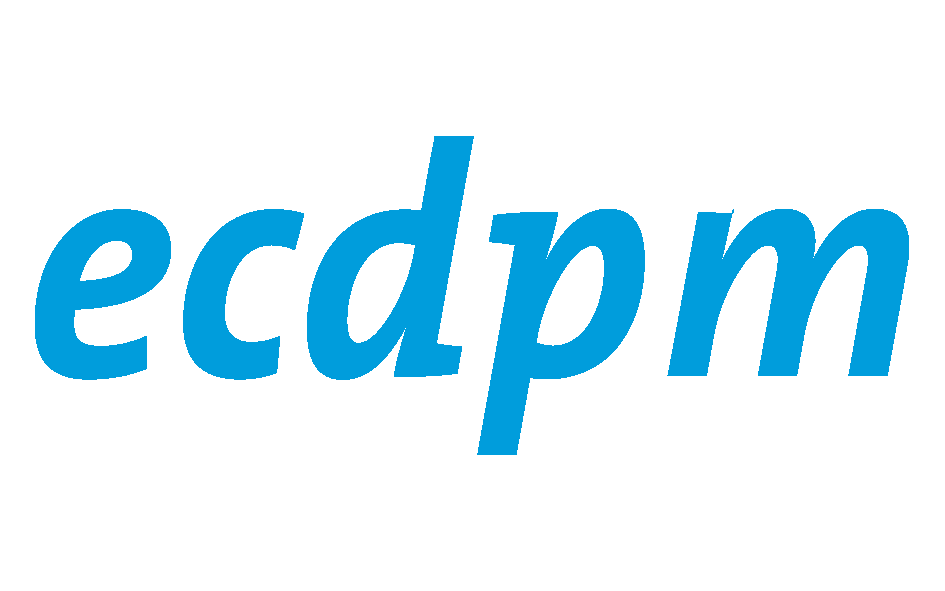Based on off-the-record interviews with fourteen senior officials in Europe, Andrew Sherriff and Pauline Veron have explored what is driving change in Europe’s international cooperation agenda. In the second brief of their two-part series, they look at ways forward for Europe’s international cooperation.
Summary
Current trends in geopolitical and national political change seem to be gathering pace and show that more systemic change is on the way. In many European countries, foreign and development policy and commercial and economic policy priorities are being rethought and rewritten. A new era in which Europe’s international cooperation policy and initiatives are clearly defined and ‘road tested’ is still some way off. This brings both challenges and opportunities.
The first brief of this two-part series explored what is driving change as articulated by senior European officials. In this second brief, we explore what could constitute a way to approach a new agenda for Europe’s international cooperation in a rapidly changing world. While shifting geopolitics and domestic politics will dictate the pace of change, the European political and institutional calendar and multilateral events present some clear windows of opportunity in 2024 and 2025.
There is of course no ‘one-size-fits-all’ or perfect model for international cooperation. However, the pointers outlined in this brief are designed to help European policymakers work towards an international cooperation agenda that can be beneficial both for Europe and its partners.
About the Authors
Pauline Veron is a policy officer working in ECDPM’s European foreign and development policy, migration and mobility and peace, security and resilience teams.
Andrew Sherriff is the associate director of institutional relations and partnerships at ECDPM. He is also a member of the management team.


